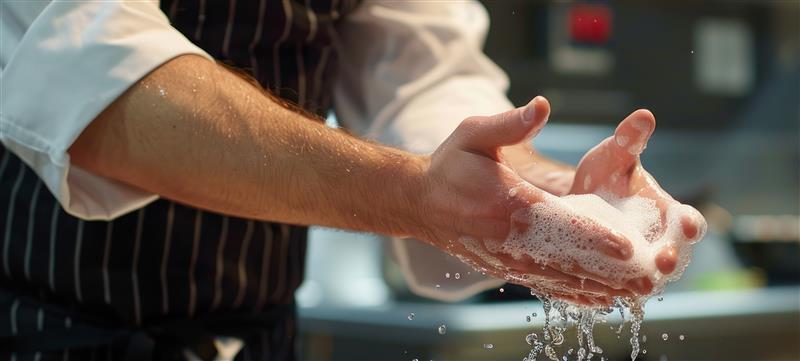Following the devastating fire at Grenfell Tower, fire safety is in the spotlight, with buildings all over the country under scrutiny. Just last week, it was reported on BBC News that 190 high-rise buildings across 51 local authorities have since failed fire cladding safety tests across Plymouth, Norwich, Manchester, Sunderland, Oxford and more.
Whatever your business, as an employer, landlord, owner, occupier or manager you have a legal duty to ensure Fire Safety within your business. As part of this, it is a legal requirement to have a written Fire Risk Assessment (FRA) in any business with 5 people or more employed. Failure to have one in place can result in serious penalties, or even imprisonment.
Not only is a Fire Risk Assessment important in order for you to meet your legal requirements, it is vital in minimising the likelihood of a fire. Whilst accidents cannot always be avoided, by identifying potential hazards and risks – and addressing the issues – you will be doing all that is reasonably practicable to prevent them occurring.
If you are carrying out the assessment internally, you must allocate a Responsible Person prior to completion and clearly communicate this to everyone involved.
Following a similar process as when carrying out a Risk Assessment, as we discussed in our blog The Importance of Risk Assessments, when carrying out the Fire Risk Assessment you must:
- Identify any fire hazards
- Decide who could be harmed and how
- Evaluate the risks and consider controls
- Record the findings and implement them
- Check reasonably practicable control measures are in place
- Review your risk assessment every year
Remember, one size does not fit all – a Fire Risk Assessment for residential, educational and healthcare premises will significantly differ to that for a shop and office. (Check out our FRA+ product, designed with low-risk properties in mind.)
As the aim of carrying out a Fire Risk Assessment is to remove/reduce the risk of hazards and to determine what safety measures are needed to ensure the safety of everyone in the building. There are various things to consider, including:
- Fire detection and warning systems
- Fire doors
- Emergency routes and exits
- Firefighting equipment – extinguishers
- Emergency Evacuation Plan
- Any vulnerable people – elderly, children, disabled
You must also provide information to visitors of your premises and fire safety training to employees.
The Responsible Person within any business can conduct a Fire Risk Assessment and there is guidance available on gov.uk to support you with this. We’ve also put together information on what’s entailed in a Fire Risk Assessment, in our blog What to expect when the Fire Officer calls.
However, the expertise required to do this is quite considerable and complex so many businesses choose to engage a third-party Competent Person to do this for them. As the Responsible Person, we suggest you ask yourself, would you be able to demonstrate your legal competence in court if your own attempt was deemed to be unsuitable or insufficient? If the answer is no or you’re unsure, we recommend that you let our experienced assessors do the hard work for you, so you can ensure it is completed correctly.
Our fully qualified team of ex-fire officers are always on hand to provide professional advice and assistance to companies throughout the UK. Delivering over 100 Fire Risk Assessments each month, our wealth of experience means we have the knowledge and skills to carry out thorough assessments on your behalf. Not only that, we deliver all our Fire Risk Assessments through our award-winning software, Compliance Centre, to provide you with a clear, risk-rated action plan to support you in making fire safety simple.
Do you need support managing fire safety in your business? We can help. Contact one of the team today on 0203 740 3744 or email sales@shieldsafety.co.uk.
The information contained in this blog article has been created for marketing purposes and is not official guidance and should not be used as a substitute for official Food Safety, Fire Safety and Health & Safety advice. Shield Safety take no responsibility if the information in the blog article is used to form part of a safety management system or used to form part of any legal or regulatory compliance for your business. For official guidance and to engage with Shield Safety services please do call our team on 020 3740 3744 or email hello@shieldsafety.co.uk.



